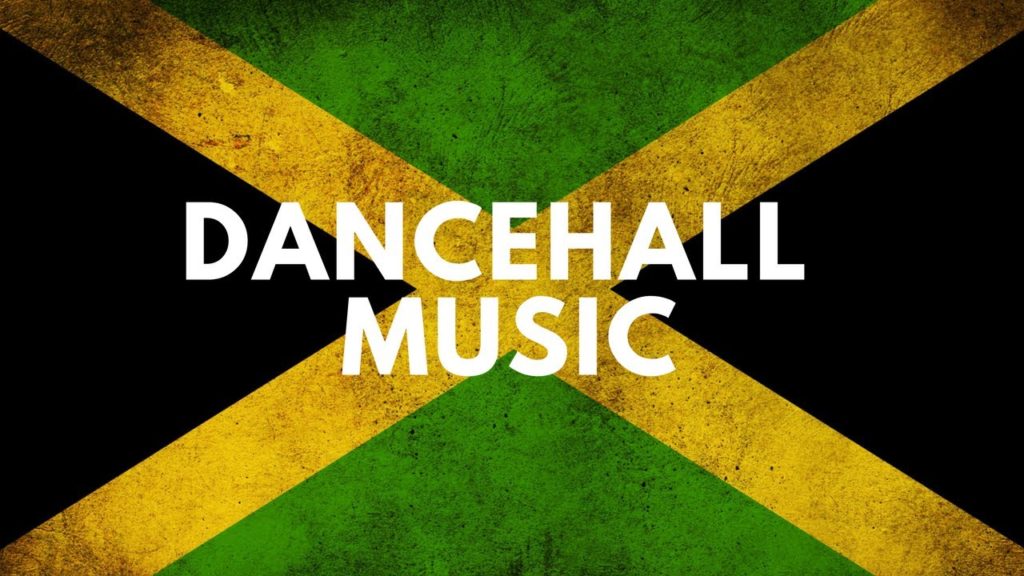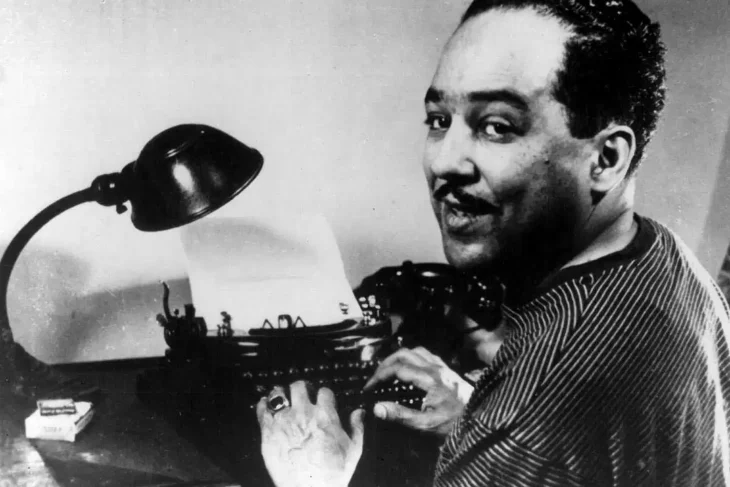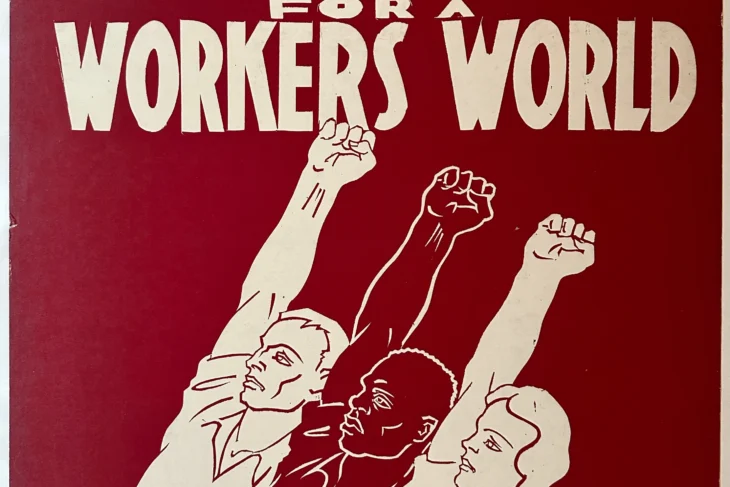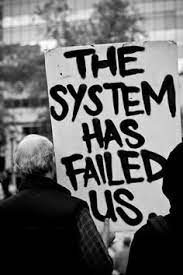
The overwhelming successful live stream clash between Beenie and Bounti has once again brought “Dancehall Culture” into sharp focus.
It also gives me a platform for yet another Grumpy Old Man rant on the subject. For the umpteenth time, “Dancehall” is NOT a musical genre and it’ll never be one no matter how many times this propaganda is repeated. The Dancehall has been with us for 70 years. It’s the place Jamaicans with eclectic musical tastes had to go to hear music not permitted on the airwaves for variegated reasons but mainly because it wasn’t made by a white man in USA/UK.
Dancehalls were where great sound systems played “Jump Blues” and early Jamaican productions of the “Shufflebeat” like this one by popular Jamaican pianist Theophilus Beckford (a member of Clue J’s Blues Blasters):
Easy snappin’, (easy snappin)
Easy snappin but baby while you jump and shout
Singers have been “rapping” on records forever. Phillipe Soul-Wynne of The Spinners was a master. Jamaicans were no different. Check out (ouch!) Derrick Harriott in “Checking Out”. Rapping was NOT invented in New York. But what Jamaica gave to the world was “toasting” which is an entirely different kettle of lyrics.
Patrons at the Dancehalls were encouraged onto the Dance floor by sound system “Toasters”. The granddaddy of them all was Count Matchukie whose protégé Winston Sparks (“King Stitt”) rocked Sir Coxsone Downbeat’s dances. An important adjunct to the Toaster’s job was to market the dance to those outside. So a speaker box was always strategically placed at the gate so prospective patrons could be targeted. They would hear Stitt say “On the turntable reel exclusive Paradise Plum!” and be hyped to pay to come inside and hear more.
Dancehall “culture” was the proclivity to attend the dancehall to hear music you couldn’t hear anywhere else. Toasters were the time’s marketing tools.
Eventually, Coxsone brought the Toasters into the studio to record in a different style. Naturally Stitt was the first.
No
matter what the people say
these sounds lead the way.
It’s the order of the day
from your Boss DJ
I King Stitt.
Up it from the top
to the very last drop!
Coxsone got the idea from his own intervention in a 1963 record by child star Delroy Wilson (still one of the best Jamaican male singing voices recorded in my opinion) called Prince Pharoah. Coxsone’s legendary ear told him the record needed something extra. After all, the vocalist was still a child.
When
I say get down I mean get down.
I have no use for you.
Your father was King Pharoah
and you are Prince Pharoah.
You MUST go down
as your father did bow down.
Go down and drop your crown!
This was the first time a “Toaster’ appeared on a Jamaican recording. Then came Stitt (Coxsone’s official Toaster). But great rival Duke Reid knew the start of a trend when he saw one and countered with “Hugh Roy” who we all know today as the iconic U-Roy. The Duke sent a message to The Sir:
THIS
STATION rules the Nation
with Version!
U-Roy secured the top three spots on the Jamaican top ten charts for weeks on end as his Rule the Nation was followed by Wake the Town and the mega-hit (when toasting and singing sampling came together) Wear you to the Ball. The floodgates were forced wide open and Toasters poured through. The rest, as they say, is modern history which is still being written including by the magnificent marketing extravaganza that was Beenie v Bounti.
So, don’t mix up dancehall with culture. Don’t mix up the culture with the music. And for Pete’s sake don’t mix up the music with the marketing of the music. The real culture is a combo of the location (Dancehall), the people who came, music that was heard music and dances invented in musical “trials”.
Peace and Love



